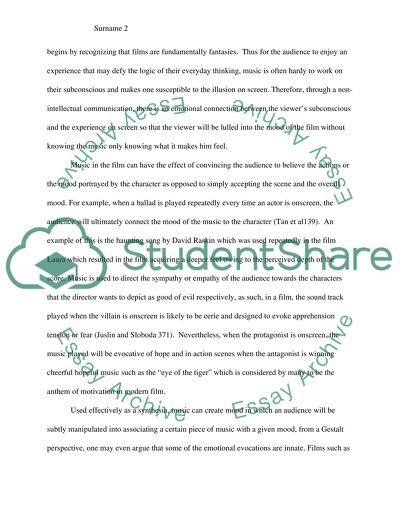Cite this document
(“Emotional Effect Music Can Have on a Film Essay”, n.d.)
Emotional Effect Music Can Have on a Film Essay. Retrieved from https://studentshare.org/music/1486204-emotional-effect-music-can-have-on-a-film
Emotional Effect Music Can Have on a Film Essay. Retrieved from https://studentshare.org/music/1486204-emotional-effect-music-can-have-on-a-film
(Emotional Effect Music Can Have on a Film Essay)
Emotional Effect Music Can Have on a Film Essay. https://studentshare.org/music/1486204-emotional-effect-music-can-have-on-a-film.
Emotional Effect Music Can Have on a Film Essay. https://studentshare.org/music/1486204-emotional-effect-music-can-have-on-a-film.
“Emotional Effect Music Can Have on a Film Essay”, n.d. https://studentshare.org/music/1486204-emotional-effect-music-can-have-on-a-film.


